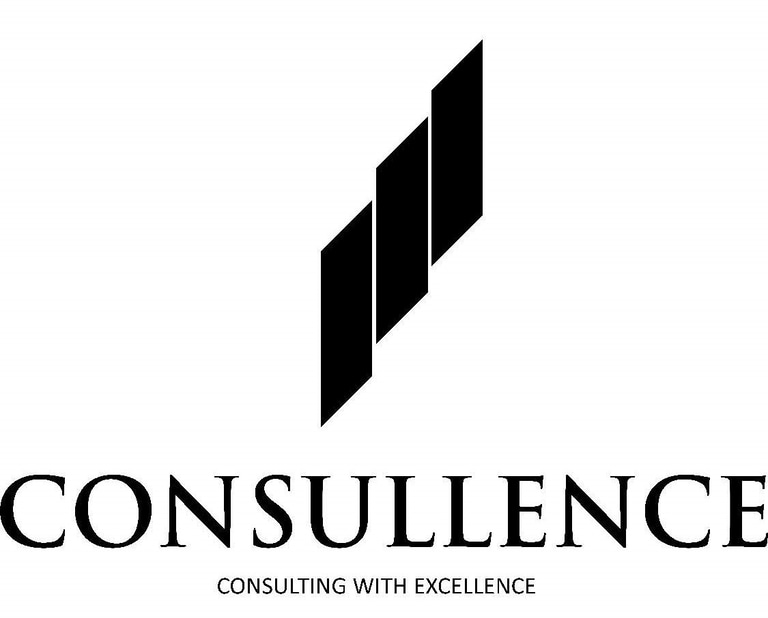Sustainability for your Supply Chain
We help corporates better understand Sustainability by guiding them through the direction not the goal; guiding them to better invest in the future and become proactive in ensuring compliance with regulations, public expectations and future initiatives.


Why Sustainable SC?
Sustainability in supply chains is critical for mitigating environmental risks, enhancing brand reputation, and ensuring long-term business viability. By minimizing the environmental impact, conserving resources, and promoting ethical labor practices, you can build resilient supply chains that meet the evolving demands of consumers and stakeholders. Moreover, sustainable supply chains can unlock innovation, improve operational efficiency, and contribute to a more equitable and sustainable future for all.
Our Services
Key services offered in SSCM:
Sustainability Assessment: Evaluating the environmental and social impacts of the supply chain, identifying areas for improvement, and setting measurable targets.
Supplier Sustainability Management: Engaging with suppliers to promote sustainable practices, such as reducing emissions, minimizing waste, and improving working conditions. This may involve conducting supplier audits, providing training, and developing collaborative partnerships.
Carbon Footprint Assessment: Measuring the greenhouse gas emissions associated with the supply chain, from raw material extraction to final delivery. This helps identify hotspots for emissions reduction and track progress towards carbon reduction goals.
Life Cycle Assessment (LCA): Analyzing the environmental impacts of a product or service throughout its entire lifecycle, from raw material extraction to end-of-life disposal. This provides a comprehensive understanding of the environmental impacts and identifies opportunities for improvement.
Circular Economy Strategies: Developing strategies to minimize waste and maximize resource efficiency, such as designing products for reuse and recycling, and implementing closed-loop supply chains.
Supply Chain Transparency: Enhancing transparency and traceability throughout the supply chain to ensure ethical and sustainable sourcing practices. This may involve developing blockchain-based platforms or other technologies to track the origin and movement of materials.
Sustainability Reporting: Drafting your sustainability reports to communicate the company's environmental and social performance to stakeholders, including investors, customers, and the public.
Contact us via
CONTACT@CONSULLENCE.COM
© 2025. All rights reserved.
